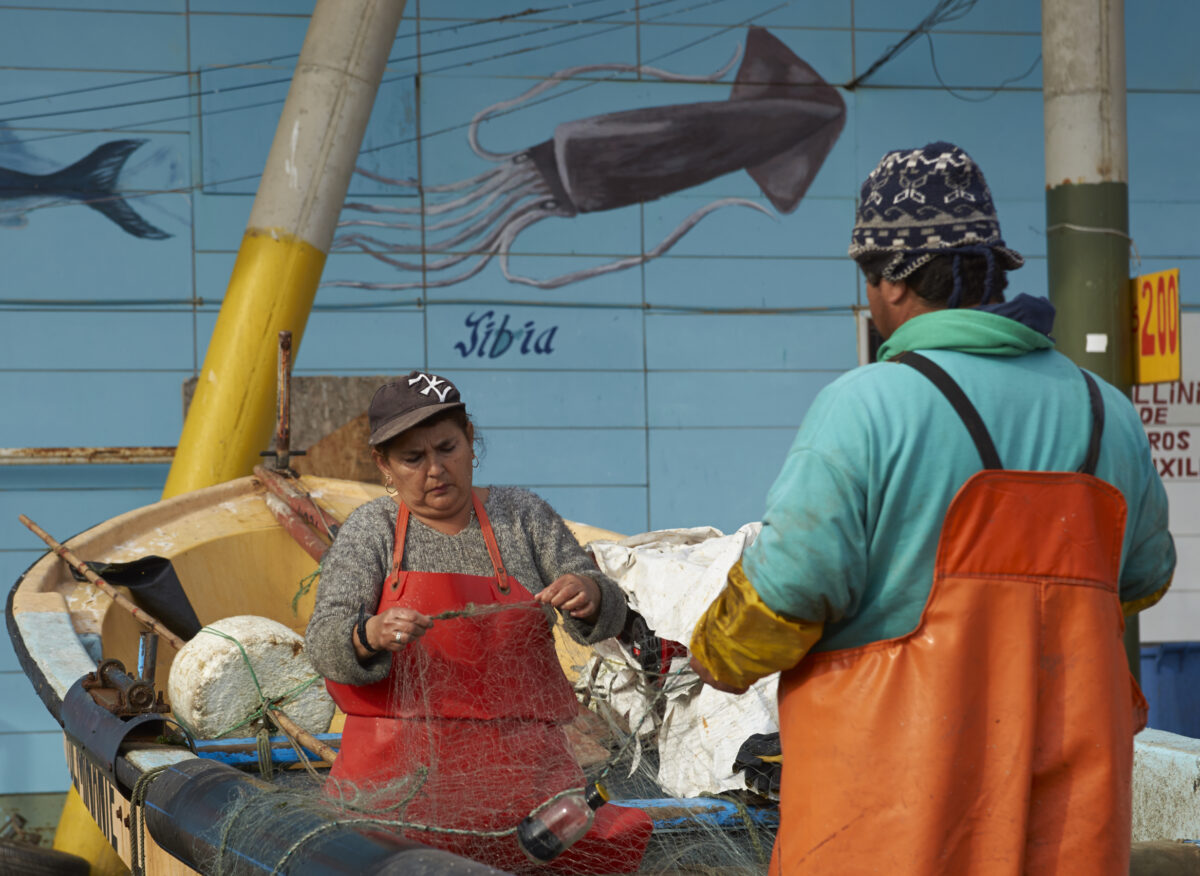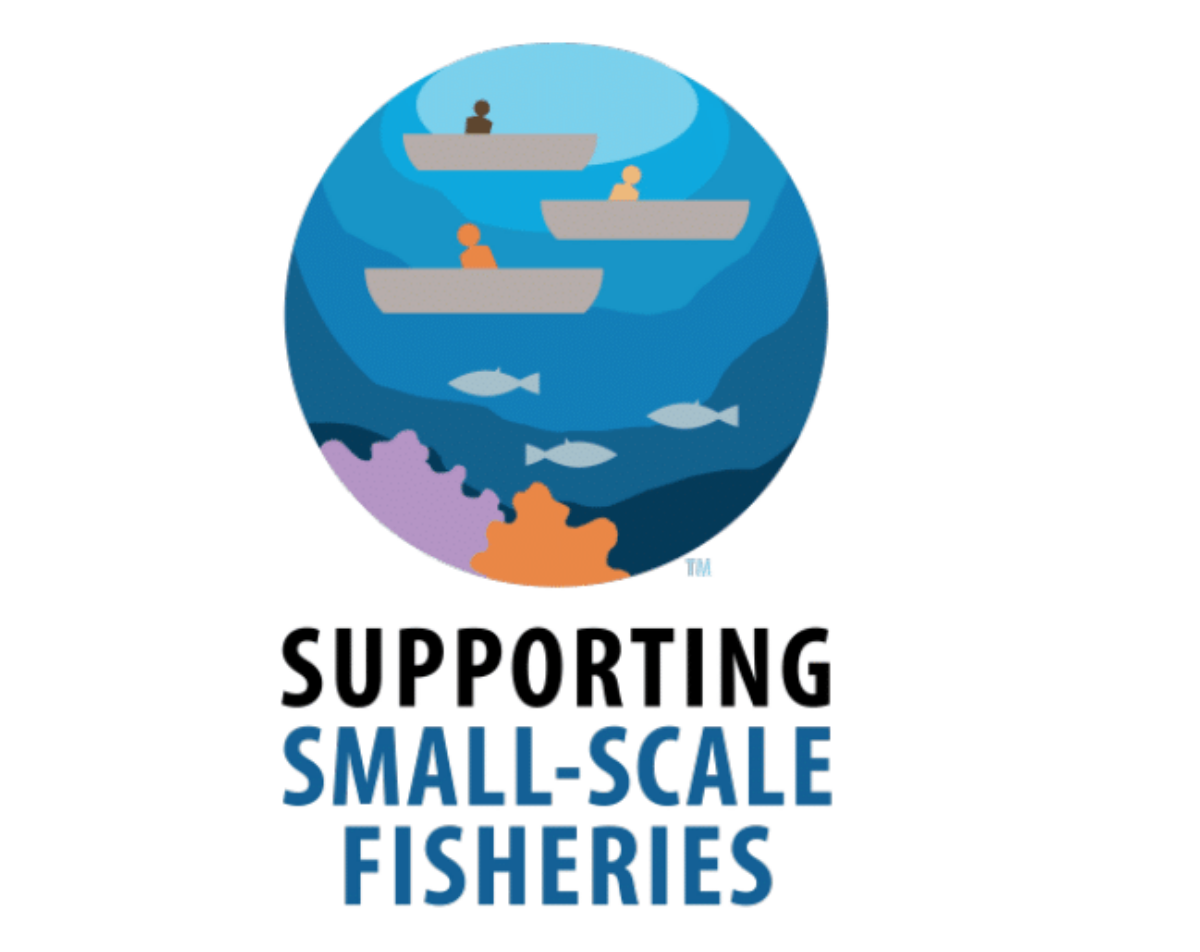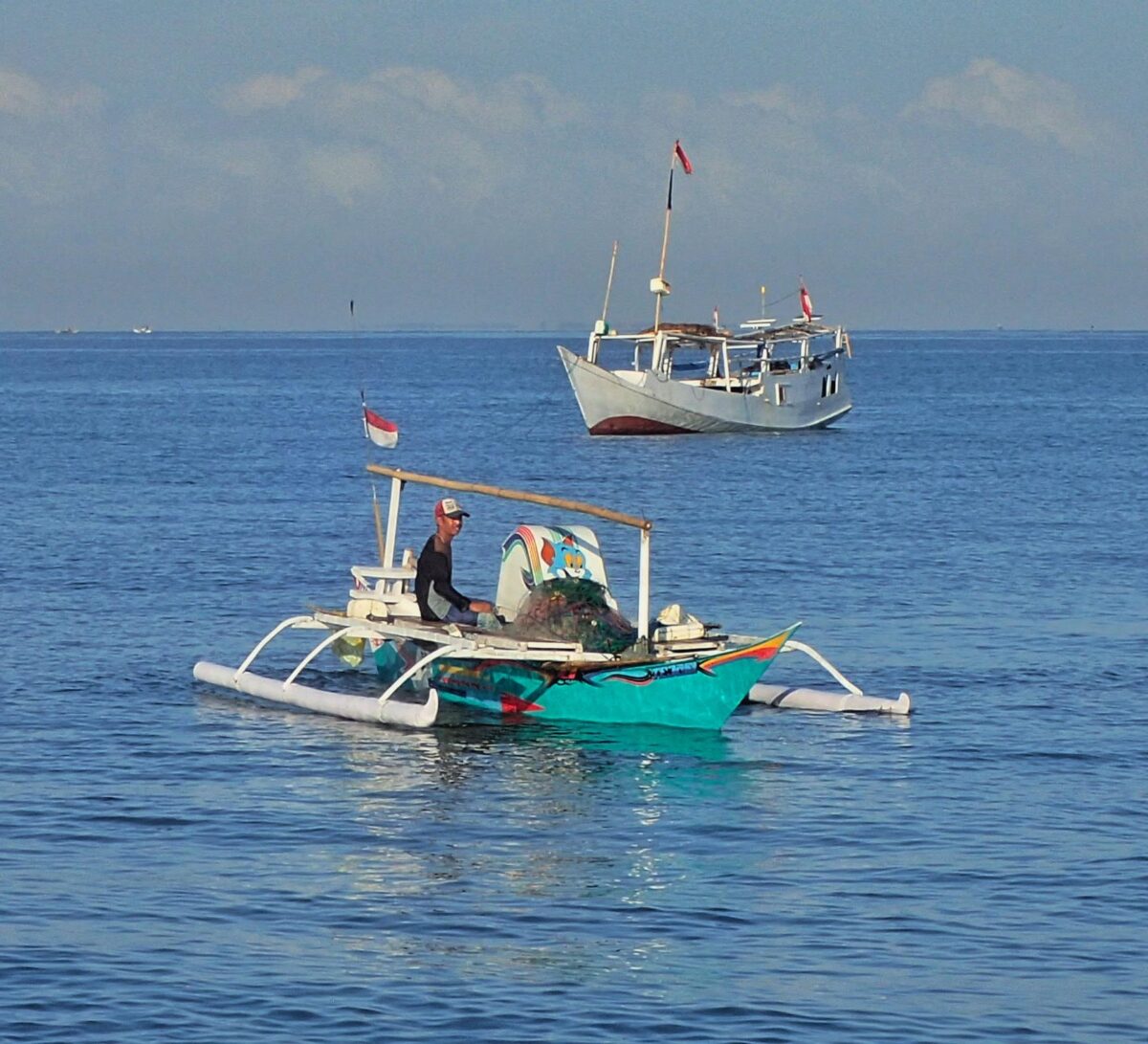Resilient Communities
Ensuring Legal Fishing Rights for Fishers
Co-management empowers small-scale fishers by giving them legal rights and a role in decision making. Formal fisher registration is an important first step in developing effective co-management systems.
A key challenge to artisanal and small-scale fishers is that many, usually through no fault of their own, are not granted legal fishing rights or legal status, because they are not registered. Thus, most of them operate in the informal economy. Many common species of seafood come from these small-scale fisheries, and the lack of legal status for fishers can present possible risks for seafood businesses sourcing this seafood, as well as significant disadvantages for fishers.
Disadvantages to fishers without legal fishing rights
- If fishers do not have legal fishing rights, they are not recognized within the fisheries governance system, putting their seafood products at risk of being deemed IUU (illegal, unreported, unregulated).
- If fishers are not recognized within the governance system, they will be excluded from the decision-making processes to develop fisheries management and will be less motivated to comply with regulations that can undermine improvements.
- Fishers without legal fishing rights and who are not included in decision-making about fishery resources will not receive the support they need to receive wider community development and social improvements.
Through a collaborative approach to fisheries governance that involves governments and resource users working together with other stakeholders to effectively manage a fishery or fisheries, co-management can improve the lives of fishers and increase the sustainability of their product.
Ensuring that fishers have legal status – through formal fisher registration efforts – is an important first step in expanding the capacity, rights, and participation of artisanal and small-scale fishers.
How industry can support fisher registration
Retailers, foodservice companies, and other end buyers of seafood from small-scale and artisanal fisheries have an important role to play in ensuring that fishers in their source fisheries achieve legal fishing rights through fisher registration programs. SFP encourages the market to:
- Assess fisheries that supply your business with seafood for those that contain fishers not legally registered. SFP can help with this task.
- Adopt a public deadline for only sourcing seafood from legally registered fishers and communicate this to your suppliers.
- Communicate with your suppliers about the importance of fishers being legally registered and the need for actionable support from the supply chain toward fisher registration efforts. Ask them to check all their sources and provide verification that fishers are legally registered, and to make efforts to increase levels of registration.
- Provide support for activities in source fishing countries that increase the level of fisher registration.
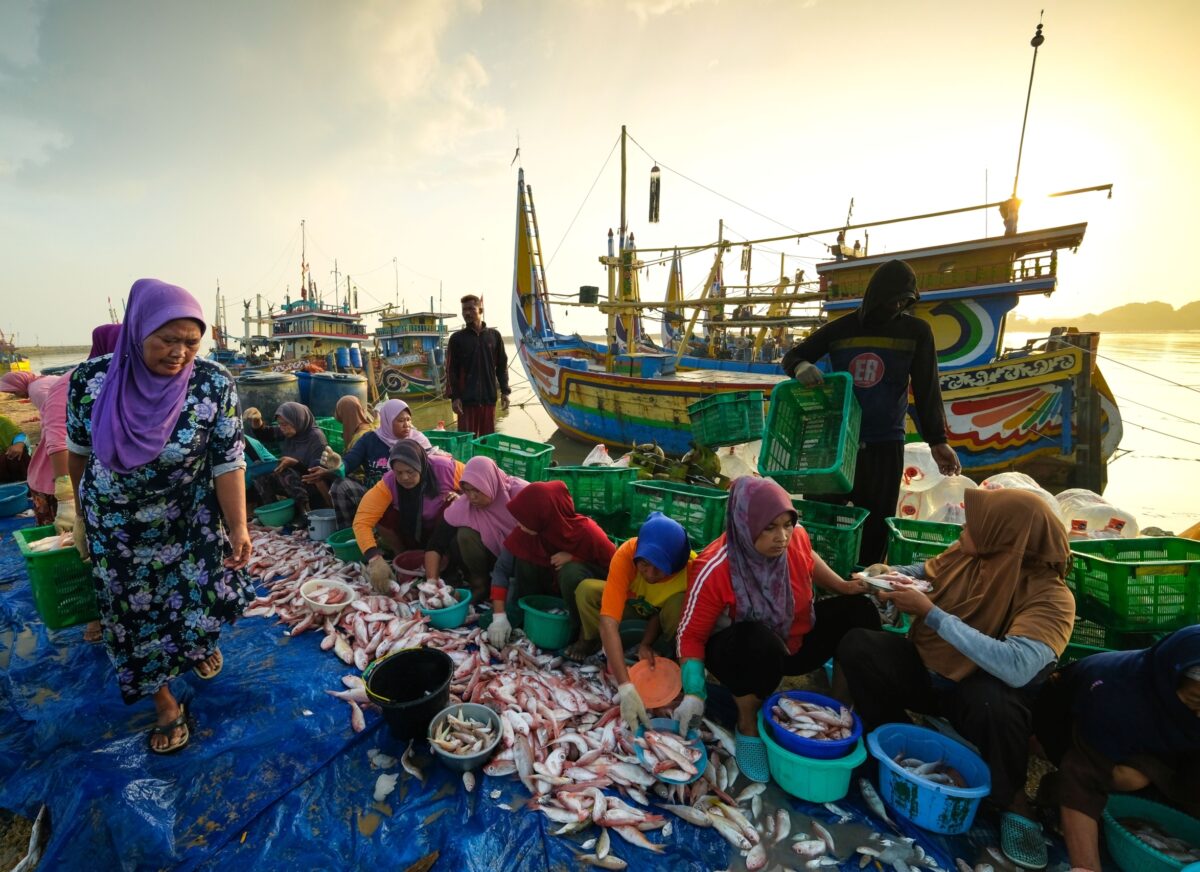
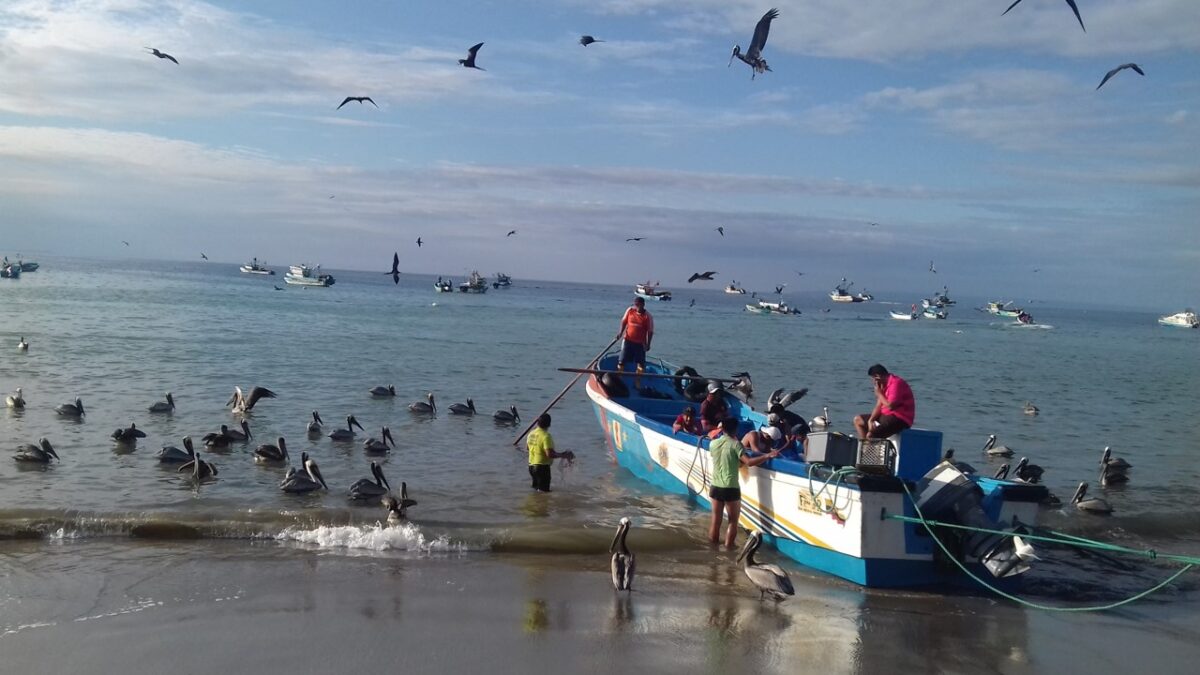
Benefits to industry of supporting co-management and fisher registration
- Assured supply and consistent product quality, through improved sustainability of source fisheries
- Opportunity to demonstrate responsible business practices and meet ESG commitments
- Reduced exposure to legal, investment, and reputational risks that can come from buying IUU products. (If fishers do not have legal status or recognition from the government, their catch can be considered as IUU – the “unregulated” in illegal, unreported, and unregulated).
What Can I Do?
Contact SFP to learn more about how you can help support artisanal and small-scale fisher registration in your source fisheries.
Related Publications and Resources
